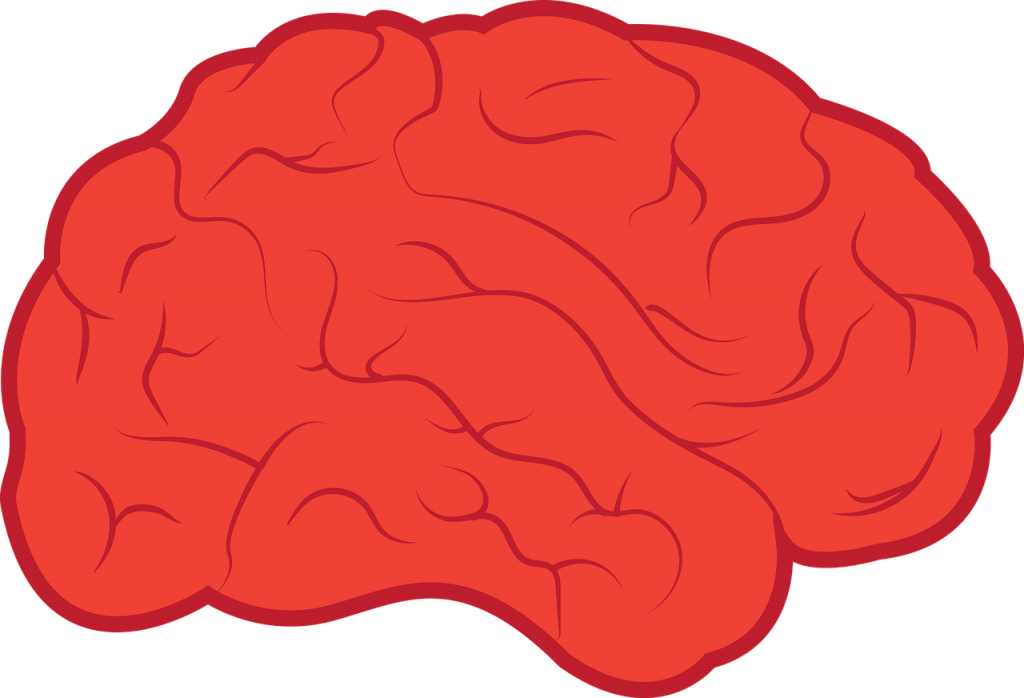
Understanding the Health Implications of Underweight and the Importance of Gaining Weight
Being underweight can pose significant health risks and affect overall well-being. While much attention is given to obesity and its consequences, being underweight can also lead to various health complications that shouldn’t be overlooked. Understanding these implications and the importance of achieving a healthy weight is crucial for maintaining optimal health.
Health Risks of Being Underweight
Being underweight is often associated with nutritional deficiencies and a weakened immune system. Here are some common health risks associated with being underweight:
- Weakened Immune System: Malnutrition due to being underweight can compromise the body’s ability to fight infections and illnesses, making individuals more susceptible to infections and prolonged recovery times.
- Fertility Issues: Underweight Women may experience irregular menstrual cycles or difficulties conceiving due to hormonal imbalances caused by inadequate nutrition.
- Muscle Loss: Chronic underweight status can lead to muscle wasting and weakness, contributing to reduced strength and stamina.
- Mental Health Concerns: Being underweight can also impact mental health, leading to anxiety, depression, and low self-esteem, especially when it affects personal appearance and social interactions.
- Nutritional Deficiencies: Underweight individuals may not be consuming enough essential nutrients, vitamins, and minerals necessary for bodily functions. This deficiency can lead to weakened bones (osteoporosis), weakened immune system, and overall decreased energy levels.
Importance of Gaining Weight

Achieving a healthy weight is essential for overall well-being and reducing the risks associated with being underweight. Here are some key reasons why gaining weight, through healthy means, is important:
- Improved Energy Levels: Proper nutrition and reaching a healthy weight can significantly boost energy levels, allowing individuals to engage in daily activities more effectively and without fatigue.
- Enhanced Immune Function: A balanced diet that supports weight gain can strengthen the immune system, reducing the susceptibility to infections and improving recovery times.
- Better Bone Health: Adequate nutrition, including calcium and vitamin D, supports bone density and reduces the risk of fractures and osteoporosis.
- Hormonal Balance: Achieving a healthy weight can help restore hormonal balance, improving reproductive health and fertility in women.
- Positive Mental Health: Feeling physically well and achieving a healthy weight can improve self-esteem, body image, and overall mental well-being.
Healthy Ways to Gain Weight
Healthily gaining weight involves consuming nutrient-dense foods that promote muscle mass and overall well-being. Here are some tips for healthy weight gain:
- Balanced Diet: Include a variety of food groups such as lean proteins, whole grains, fruits, vegetables, and healthy fats in your meals.
- Regular Meals: Eat three balanced meals per day with healthy snacks in between to ensure adequate calorie intake.
- Strength Training: Incorporate resistance exercises to build muscle mass, which contributes to healthy weight gain.
- Consultation with a Healthcare Professional: If struggling to gain weight or experiencing health issues related to being underweight, consult a healthcare provider or nutritionist for personalized advice and support.
Understanding the health implications of being underweight underscores the importance of achieving and maintaining a healthy weight. By focusing on nutritious foods, regular physical activity, and seeking professional guidance when needed, individuals can improve their overall health, enhance their quality of life, and reduce the risks associated with being underweight. Taking proactive steps toward achieving a healthy weight is a significant investment in long-term health and well-being.…





 The first side effect of THC gummies is an increased heart rate. This can be dangerous for people with heart conditions and can lead to a heart attack. If you have a history of heart disease, you should not use THC gummies. This is why many recommend seeing a doctor before consuming any type of marijuana product.
The first side effect of THC gummies is an increased heart rate. This can be dangerous for people with heart conditions and can lead to a heart attack. If you have a history of heart disease, you should not use THC gummies. This is why many recommend seeing a doctor before consuming any type of marijuana product. The second common side effect of THC gummies is dizziness and lightheadedness. The THC causes this in the gummies interacting with your body’s system. If you experience these symptoms, you should stop using THC gummies and seek medical help. Other factors can also cause dizziness and lightheadedness, so make sure to see a doctor to rule out potential causes.
The second common side effect of THC gummies is dizziness and lightheadedness. The THC causes this in the gummies interacting with your body’s system. If you experience these symptoms, you should stop using THC gummies and seek medical help. Other factors can also cause dizziness and lightheadedness, so make sure to see a doctor to rule out potential causes. The third side effect of THC gummies is paranoia and anxiety. It is advised that you stop if you experience these symptoms. If you feel that it has gone too far, you should seek medical help immediately. Many people think the THC causes paranoia and anxiety, but it is still unclear if that is the case. Some studies have shown that other factors, such as stress, can cause paranoia and anxiety.
The third side effect of THC gummies is paranoia and anxiety. It is advised that you stop if you experience these symptoms. If you feel that it has gone too far, you should seek medical help immediately. Many people think the THC causes paranoia and anxiety, but it is still unclear if that is the case. Some studies have shown that other factors, such as stress, can cause paranoia and anxiety.
 The first and obvious benefit bodybuilding is credited with having is that it promoted physical health. Many people strive to be healthy. There are many things that people are advised to do to be healthy and live quality lives. One of the essential activities is bodybuilding.
The first and obvious benefit bodybuilding is credited with having is that it promoted physical health. Many people strive to be healthy. There are many things that people are advised to do to be healthy and live quality lives. One of the essential activities is bodybuilding. It is a shame that the number of people suffering from mental health-related issues is gradually increasing. It is also alarming that many people do not consider mental health as an essential factor. Many tend to only focus on physical fitness and forget about their mental well-being.
It is a shame that the number of people suffering from mental health-related issues is gradually increasing. It is also alarming that many people do not consider mental health as an essential factor. Many tend to only focus on physical fitness and forget about their mental well-being.

 Improved Cognitive Abilities
Improved Cognitive Abilities


 When you hit the punching bag regularly, this will help you in enhancing the correct performance, body movement, and throwing of punches. If you like this activity, then this means that it will help you in keeping everything tight while you remain relaxed. If boxing is your favorite sport, make sure that you have the best punching bag that will help you to improve on your boxing techniques.
When you hit the punching bag regularly, this will help you in enhancing the correct performance, body movement, and throwing of punches. If you like this activity, then this means that it will help you in keeping everything tight while you remain relaxed. If boxing is your favorite sport, make sure that you have the best punching bag that will help you to improve on your boxing techniques.
 We have numerous brands of fake urine in the market, but not all will work perfectly. He however, warns guys to be careful and get it from from reputable sources. If you suspect someone will be watching you as you collect the sample, use brand that have a fake penis thus you’ll pretend to be urinating yet you’re pressing urine to the sample container form the artificial pee container.
We have numerous brands of fake urine in the market, but not all will work perfectly. He however, warns guys to be careful and get it from from reputable sources. If you suspect someone will be watching you as you collect the sample, use brand that have a fake penis thus you’ll pretend to be urinating yet you’re pressing urine to the sample container form the artificial pee container.
 What We Manufacture
What We Manufacture


 Children with cancer often face unbearable pain during the medication, especially the ones that involve chemotherapy. The above explanation highlights the power that music has to reduce the pain, and it is exactly what happens to those children during the music treatment. The treatment does not only involve listening, but the therapists also encourage the patient to take part in songwriting and singing. This way, alleviating the painful symptoms and side effects will no longer be impossible.
Children with cancer often face unbearable pain during the medication, especially the ones that involve chemotherapy. The above explanation highlights the power that music has to reduce the pain, and it is exactly what happens to those children during the music treatment. The treatment does not only involve listening, but the therapists also encourage the patient to take part in songwriting and singing. This way, alleviating the painful symptoms and side effects will no longer be impossible.